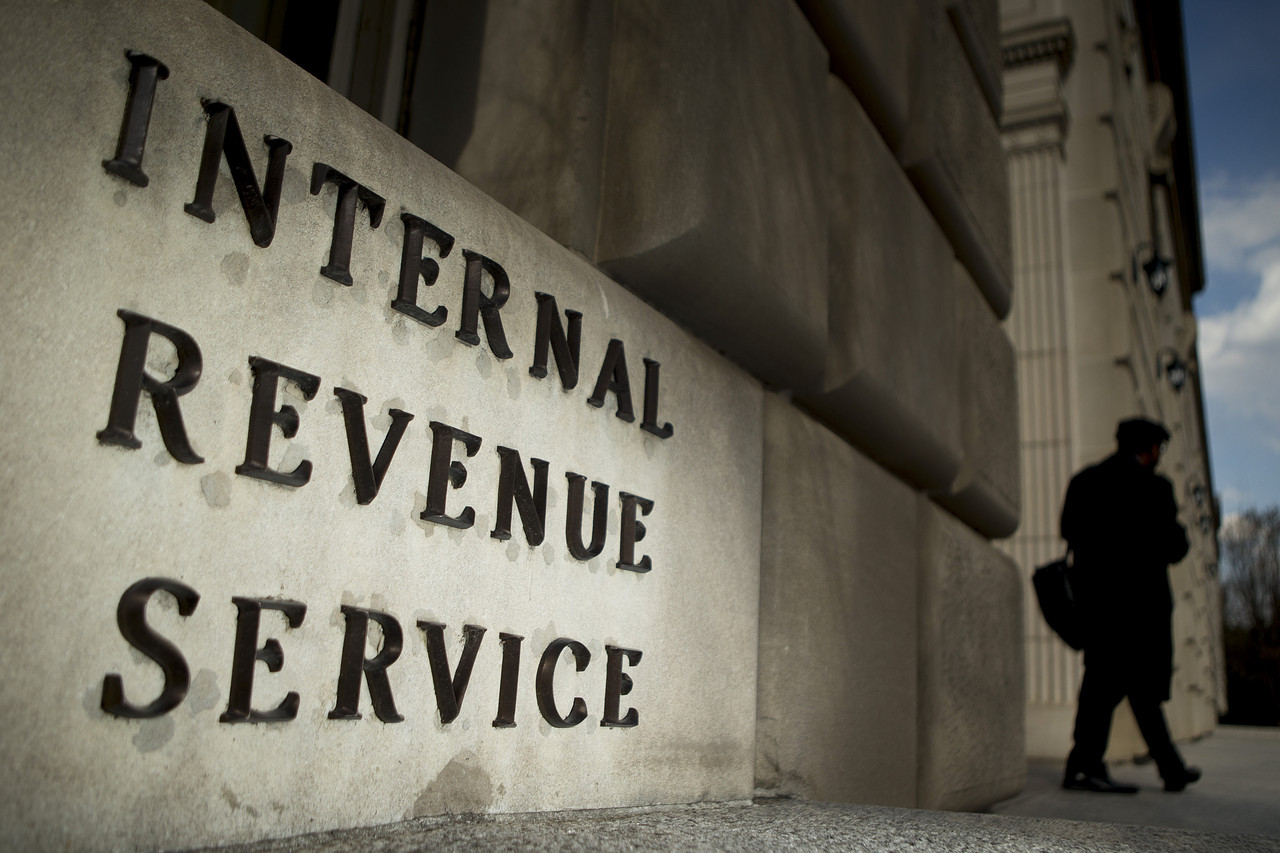Congress gives at least four special tax considerations to churches*:
First, churches are generally not required to pay income tax based on the result of their normal operations. This is the same as other tax-exempt organizations.
Second, unlike other tax exempt organizations, churches are generally not required to file an annual informational filing with IRS.
Third, the compensation of ministers and similar church employees is exempt from some taxes that would apply in other circumstances.
Fourth, churches are protected from the most common types of routine tax audits. Audits can be triggered only in limited circumstances by higher level IRS officers.
As a result of these special provisions, it it generally recognized that church tax accounting is loaded with errors. My guess is that, if audited, most churches would face significant tax liabilities. Errors in unrelated business income tax, wage taxes, accountable reimbursement plans, health and retirement benefit plans, and minister housing arrangements appears to be common. IRS provides more information in Publication 1828.
This lenient tax accounting environment, plus the operating environment that relies on volunteers and non-professional accounting staff, tends to also leave the door open for sloppiness in other types of record-keeping and reporting. Churches are generally responsible under their organizational charters and operational procedures for fair and accurate accounting of finances to their members. Yet, in all cases that I have observed, substantial accounting weaknesses, outright errors, and sometimes actual fraud dominate church accounting. This is especially true when a church is not required to submit to an external accountant’s review. Even though this problematic financial management is generally understood within the accounting and regulatory professions, churches generally get a ‘pass’ due to the tradition of our culture. Perhaps we once believed that the hierarchy of church management or the virtuous intent of church personnel would provide sufficient financial control but that no longer seems to be the case today.
The best advice I can offer is that if you are an employee, deacon or volunteer leader in a church, then do not be surprised to find that financial controls are weak within your organization. Procedures won’t compare, for example, to what you have experienced in your outside employer’s accounting. Your role as a church leader is to decide what level of tolerance of tax risk, accounting error and possible fraud that you and your community wish to tolerate. An annual review by an independent CPA is the best way to keep church finances in check.
*The term “churches” as used in this article refers to all recognized religious organizations.


Leave a Reply